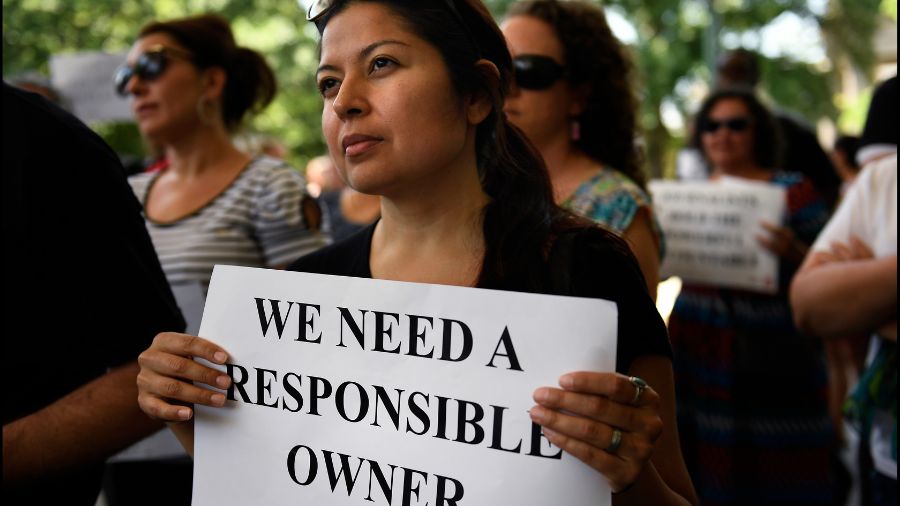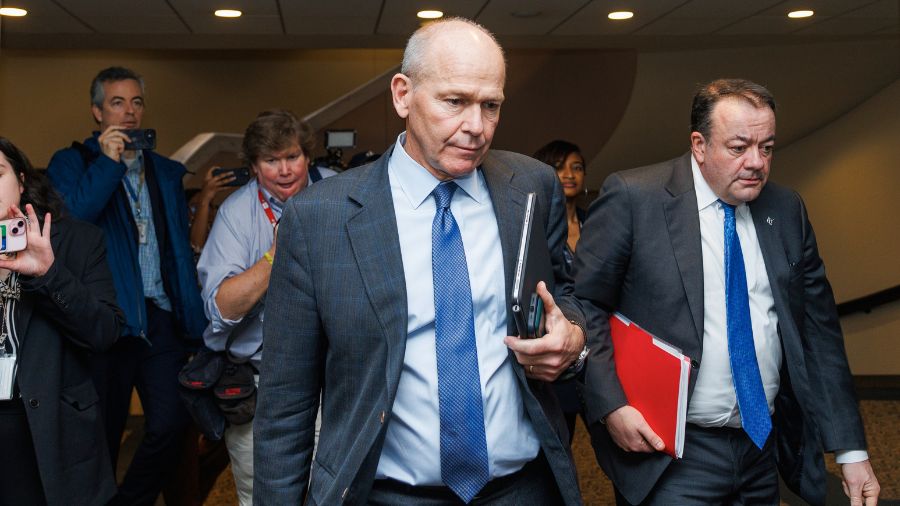ACLU homeless ordinance accepted by Seattle council
Sep 6, 2016, 4:38 PM | Updated: Sep 7, 2016, 2:27 pm
The Seattle City Council moved forward on a homeless ordinance drafted by outside influences on Tuesday. It could lead to a stark change in how the city handles the many homeless encampments in town.
ACLU, Columbia Legal Services draft homeless ordinance
The council’s action Tuesday was not an approval of the homeless ordinance, which was introduced by council member Mike O’Brien and drafted by the ACLU and Columbia Legal Services. It is sponsored by council members Rob Johnson, Lisa Herbold, and Kshama Sawant. The council voted in favor of taking in the proposed legislation and running it through its committees. The proposal will now go to council member Sally Bagshaw’s Human Services and Public Health Committee, which will discuss and modify the ordinance.
The ordinance creates a framework for how homeless encampments will be allowed or removed from city property. Critics argue that the ordinance will allow camping on public land throughout the city, making homeless encampments legal. Others say it will strike a balance between compassion and a solution to the crisis.
Council accepts homeless ordinance
The main message from council members in favor of the ordinance was that the city needs a solid, codified approach to the controversial homeless encampments on various public properties throughout Seattle. They hope that this will start a discussion, and result in a policy to guide officials on homeless encampments.
But council member Tim Burgess argues that this is the wrong start. He was the only one to vote against considering the ACLU’s ordinance.
In August, Burgess authored an opinion column in The Seattle Times, calling for a new city response to homeless issues.
“I don’t believe this ordinance is that better response,” Burgess said. “The proposed ordinance is not the balanced approach the people of Seattle deserve – an approach that carefully weighs compassion with our health and safety obligations. This ordinance tips that balance away from public health and safety responsibilities we in city government hold.”
Burgess argued that the homeless ordinance would establish a new right to camp on public property in Seattle and that it is not consistent with best practices in other cities.
Council member Bruce Harrell said that he could not support the homeless ordinance in its current form, but voted to move it forward in order to push the city toward creating a policy for the issue.
Council member Lisa Herbold said that the city’s approach to sweeping encampments isn’t working and that people return to campsites afterward. She said the bill is not perfect but wants to make changes in order for it to pass.
Bagshaw, whose committee will consider the homeless ordinance, had a similar sentiment.
“I was concerned and continue to be concerned about a number of things presented in the legislation that ACLU and Columbia Legal Services gave to us,” Bagshaw said. “All in all, what I want to be able to do is make sure people are safe and that our community comes together on an approach on how we are going to solve this problem.”
What does Seattle think?
The council chamber was divided over the issue of the homeless ordinance but was dominated by neighborhood and business interests that begged the council not to pass the ordinance. But others pleaded with officials to consider it, arguing that homeless individuals have nowhere else to go, and the sweeps hinder their ability to move out of homelessness.
Voices from the International District were dominant among that camp, asking the council not to allow encampments to grow and become permanent. They cited the trash amassing on their streets; the safety concerns of seniors who repeatedly encounter panhandlers; drug use; and neighborhood sidewalks being used as a bathroom.
Ballard business representatives also spoke, asking that the council not approve the ordinance, citing the encampments that have hurt their businesses and threatened the safety of employees.
Others objected to the fact that the ordinance was created by private-interest groups and is still being considered by elected officials.
What does the city think?
An Aug. 31 memo from various city departments to the city council also pleads with the council not to pass the ALCU homeless ordinance, collectively saying they are “deeply concerned” by it.
We are deeply concerned about the potential impacts of the proposed legislation … The proposed legislation does not strike the right balance and would authorize camping throughout the City of Seattle. The practical impact of the legislation would be dramatic …”
The departments argue that the homeless ordinance would allow tents to stay on school property, interfere with transit and encourage conditions that foster criminal activity. It also notes that the ordinance would cost the city millions of dollars to implement.
The memo was a message from multiple city departments, including: Finance and Administrative Services Department; the Seattle Police Department; Human Services Department; Seattle Department of Parks and Recreation; Seattle Department of Transportation; and the City Budget Office.













